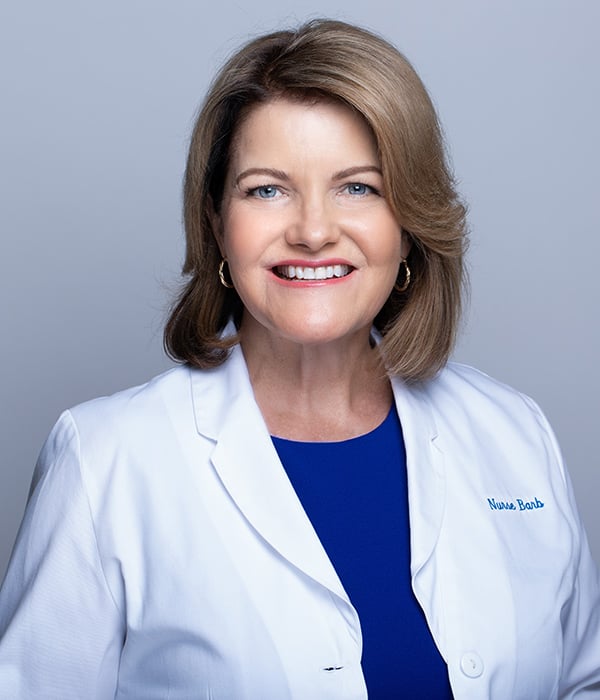
Barb Dehn, NP, FAANP, NCMP
Surprise,
surprise! Your patients may still be having periods and starting to have hot
flashes and night sweats, but they are not actually Menopausal just yet. That’s
because Menopause is actually just 1 day in a woman’s life.
What? Yes, that’s because the way we define menopause is kind of strange.
Menopause is that one magical day when a woman hasn’t had any menstrual bleeding for 12 months.
The following day, she is considered post-menopausal. The average age to stop having periods for good and be menopausal is between 51 – 52.
Testing
It is not
recommended by the North American Menopause Society, NAMS to do serum testing
for Estradiol or FSH to determine if a woman is in menopause or perimenopause.
The rationale is that the levels can vary from 1 week to the next in an
individual woman and serum levels do not correlate with symptoms.
Salivary testing has not been validated and should not be employed. Rather, the clinician should base treatment options on the patient’s symptoms.
Peri-menopause
When your
patients are still having cycles, even if they are sporadic, they are
considered Perimenopausal. This is the hormonal roller coaster of wide swings
in the hormones and every aspect of her life:
- Erratic periods
- Hot flashes
- Night sweats
- Irritability
- Changes in memory and cognition
- Vaginal dryness
- Sleep disturbances
- Weight gain
- Reduced or absent sex drive
- Leaking urine
- Wrinkles
- Aching hips and knees
- The complete catastrophe!
You get
the idea. For many women, this time in their lives is much worse than being
post-menopausal, when the symptoms start to improve.
Women may
experience peri-menopause symptoms starting in their 40s or 50s.
Is it hot
in here, or is it just me?
Hot Flashes: Feelings of intense heat can appear out of thin air, radiating from the shoulders to the face and scalp. For some women, a racing heart accompanies hot flashes. Flushing and sweating are common, but a woman may appear cool as a cucumber, while inside, she’s experiencing a blazing inferno.
Night
sweats: This is typically the
first sign of menopause. Some women have only a slight sensation of warmth,
while others sweat so much at night they have to get up and change their
clothes. Night sweats are often accompanied by waking up with a sudden urge to
go to the bathroom.
Sleep Fragmentation: We know that there are many “mini awakenings”
that women may not be conscious of, and yet leave them exhausted in the
morning. This sleep fragmentation takes women from deep Delta wave restorative
sleep to Stage 1 or Stage 2 sleep cycles.
Hot flashes
and night sweats can be triggered by:
- Drinking alcohol
- Smoking
- Hot showers or baths
- Too many clothes
- Sudden fluctuation in temperature
- Stress
- Even a hot meal or drink